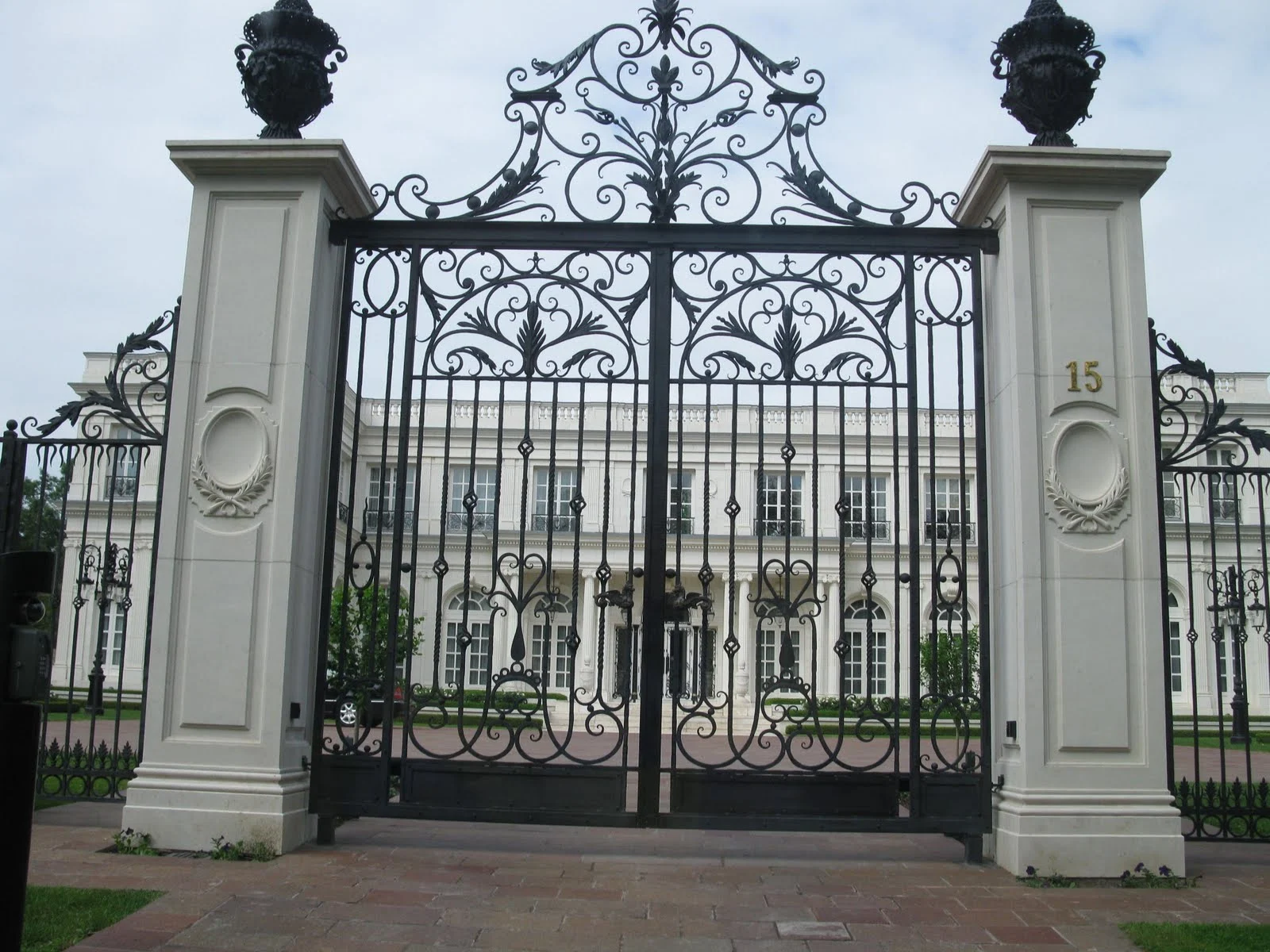



There are archetypal images everywhere we look, including these gates leading to expensive homes in Vancouver. A gate is an opening, but the gate is strong, large, protective of what is inside. The psyche resonates to the archetype of the gate, it isn't just a gate to a home, it is a gate to something else, some psychic content that has value for us. But what is this value? What is it behind the gate? It can be ominous or it can be liberating, but it isn't neutral. It is something important to us. But at what level of importance? Well, it can be materialistic but that's doubtful. You can find material wealth on this side of the gate. You may begin with the materialistic, but you end up with the spiritual. We're being kept from what is behind the gate. It is something more like
inner peace, or
self-discovery, or some information that will liberate us from whatever it is that is holding us back, keeping us in stasis.
The "mission" is to penetrate, or venture, or gain access into whatever is behind the gate. That is the first part of this mission. The mission is a quest, and when we enter through the gate, however that may be accomplished (maybe just ring the door bell and the gate will swing open) then the adventure continues, then we continue this mission of finding what is behind the gate, and we're doing this because it is some kind of a journey. This is the archetypal value of the gate. Any gate will do as an image of the gate.
There is also a gatekeeper, but we haven't yet seen him. He's there, somewhere, adding to the complexity of the journey. If you capitalize "Gatekeeper," then the word assumes a different value, it has a more sinister meaning. Then it is personified; who is the Gatekeeper? Now we have at least five things: we have what is on this side of the gate; we have the gate; we have the Gatekeeper; and we have us looking at the Gate, questioing something about our situation in the world and what is behind the Gate. We also have a narrative about all of this. And now we have a myth; now we've given birth to a mythological perspective of our lives, and in some sense it all came from this one observation of a gate.
I hope this explains something of my interest in archetypal images. A gate is just a gate until it assumes some psychic value, and then it works (as poetry works) simultaneously on several levels of complexity. This is a simple thing to understand but until we make the leap into archetytpal thinking, we are missing the other levels on which thinking, images, archetypes, symbolism, poetry, and mythology can work.








